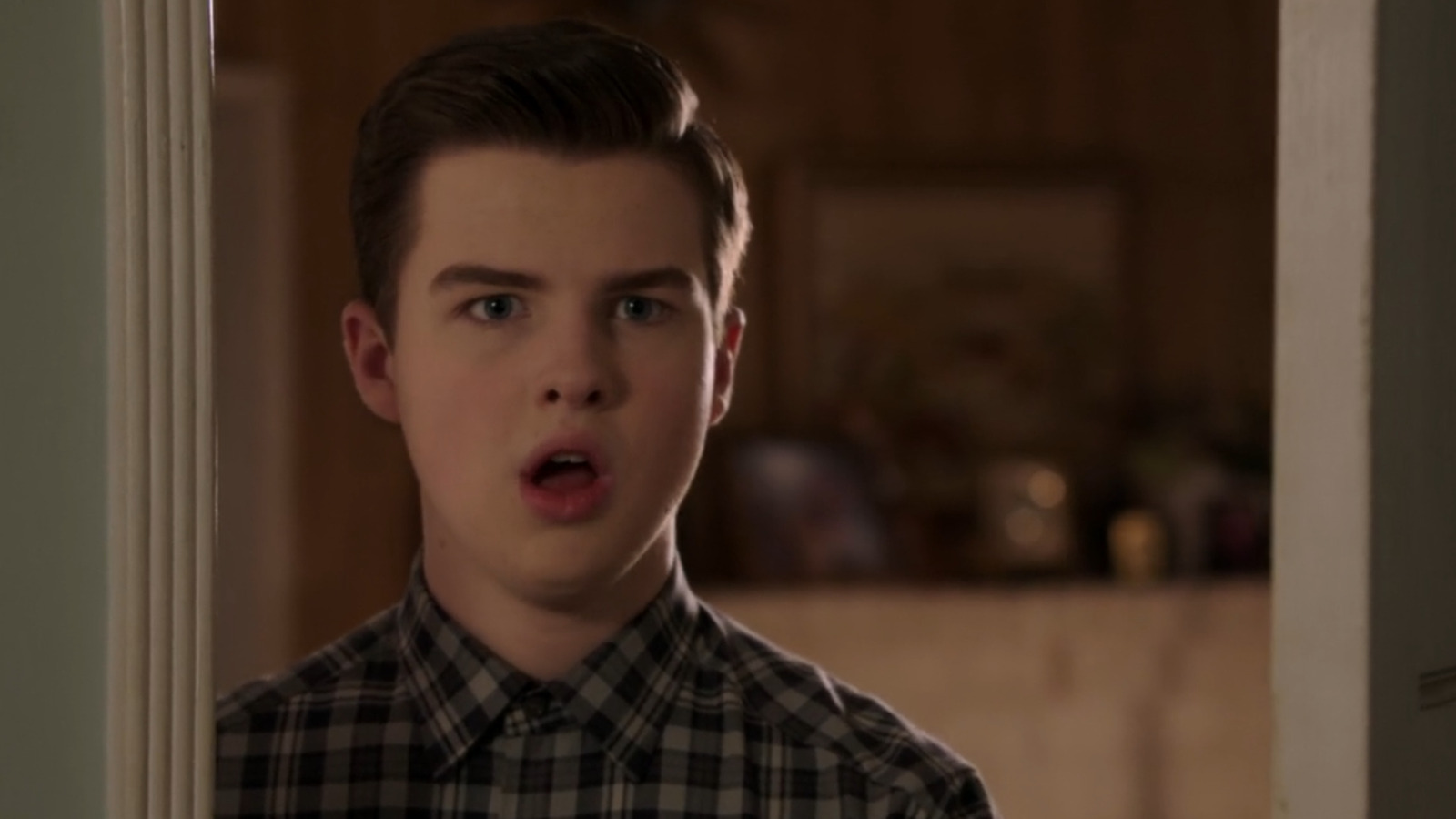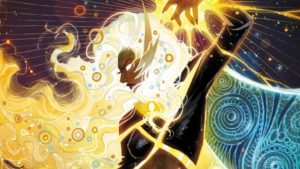
Young Sheldon: A Fresh Take on Big Bang Theory’s Controversial Moments
When you compare “The Big Bang Theory” to its spin-off “Young Sheldon,” the differences are striking. The prequel opts for a single-camera format, while its predecessor embraced a multi-camera setup, complete with a studio audience. This shift not only changes the show’s visual style but also presents a different narrative pace and tone. “Young Sheldon” started as a typical family sitcom but evolved into a dramedy, adding new depth to the character of Sheldon Cooper.
As “The Big Bang Theory” was crafted without the foresight of a prequel, it inevitably left room for some inconsistencies. One of the most significant adjustments involves George Cooper, Sr., Sheldon’s father. Played by Lance Barber in the prequel, George Sr. was portrayed in “The Big Bang Theory” as a negative figure, described by Sheldon (Jim Parsons) as an abusive alcoholic and unfaithful spouse. However, “Young Sheldon” takes a different path, depicting George Sr. as a flawed yet loving husband and father who struggles to understand his brilliant son.
In a notable storyline from season 7 of “Young Sheldon,” the narrative reveals that George Sr. was never unfaithful to his wife. This revelation stands in stark contrast to a memorable moment in “The Big Bang Theory.” In season 10’s “The Hot Tub Contamination,” Sheldon connects his father’s perceived infidelity to his unique knocking ritual, which he explains stems from witnessing his father with another woman in his youth—an event that left him deeply traumatized.
Yet, “Young Sheldon” flips this narrative. In the episode “Ants on a Log and a Cheating Winker,” we find out that what Sheldon thought he saw was actually a case of innocent roleplay between George Sr. and Mary (Zoe Perry), involving Mary dressed as a German barmaid. Tragically, George would pass away from a heart attack after this misunderstanding, leaving Sheldon with unspoken resentment.
The reveal of George Sr.’s true nature sparked division among fans. Some felt that rewriting his character undermined the original portrayal in “The Big Bang Theory,” while others appreciated the richer, more nuanced father-son relationship that developed over seven seasons of “Young Sheldon.” The choice to soften George Sr.’s character ultimately raises intriguing questions about memory itself—demonstrating how our perceptions can be flawed and shape our realities.
While “The Big Bang Theory” delighted in punchlines and pop culture references, “Young Sheldon” delves deeper into the complexities of Sheldon Cooper’s upbringing and the dynamics that influenced him. In doing so, it invites viewers to consider how love and misunderstandings can coexist, even in the most challenging relationships.



